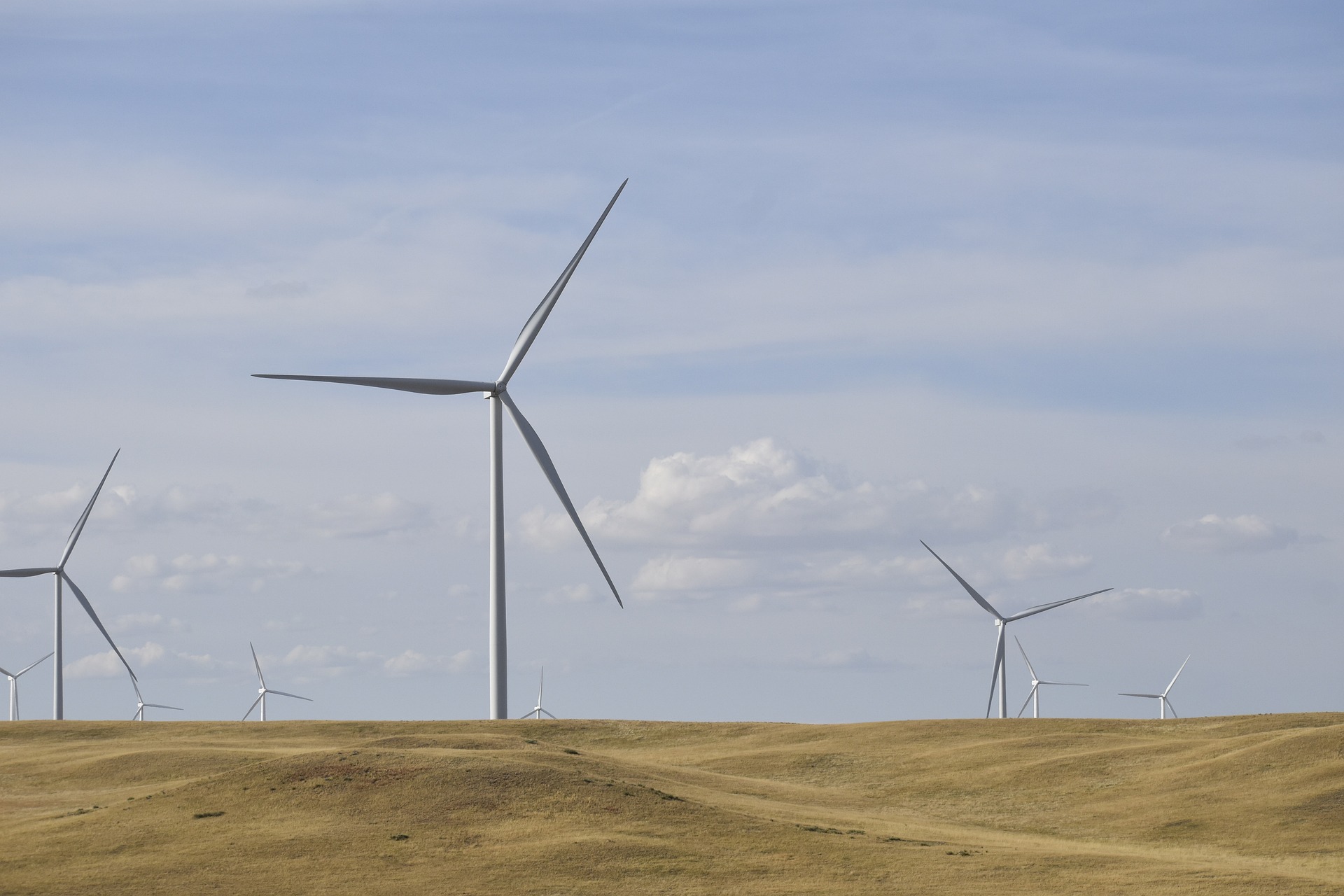Salzgitter Flachstahl GmbH and Friesen Elektra have now signed a long-term power purchase agreement (PPA). The power is to be sourced from the “Sande Hybrid Energy Park” that is currently being built in the municipality of Friesland in Lower Saxony, Germany.
“The long-term PPA between Salzgitter Flachstahl and Friesen Elektra marks a milestone for the industrial location of Lower Saxony. The agreement underscores the strategic importance of renewable energies for our location, promotes competitiveness, while sending a strong signal for Lower Saxony’s sustainable future – fully in line with the ongoing transformation. Initiatives like these demonstrate how the economic interests of our region can be intertwined with responsibility for the environment,” as Lower Saxony’s Minister of Economic Affairs Olaf Lies stated.
Solar power from a ground-mounted photovoltaic plant for virtually carbon neutral steel
As from May 2024, a permanent supply of around 80 megawatts (MW) of green electricity from the new Sande Hybrid Energy Park that is already scheduled to go online at the start of 2024 has been secured under the PPA for Salzgitter Flachstahl. The already existing “Sande Wind Farm” is currently being expanded with the aim of sourcing energy from wind turbines and photovoltaic systems. In the final stage of construction, the Sande Hybrid Energy Park will deliver an overall output in excess of 120 MW.
First option for the delivery of green hydrogen
Sustainably produced energy in the vicinity of Sande will additionally secure the SALCOS® – Salzgitter Low CO2 Steelmaking transformation program. Green power from the photovoltaic plants is initially an integral component of Salzgitter Flachstahl’s regular “power procurement portfolio”. The long-term plan aims at harnessing the power for the production of green hydrogen. At the same time, the agreement includes the option of procuring hydrogen produced locally. Green hydrogen is a core component for Salzgitter AG to produce virtually carbon-neutral steel.
Focus on the sustainable transformation of industry
“The partnership with Friesen Elektra constitutes another key element of our strategic journey toward producing virtually carbon neutral steel in Salzgitter,” says Gunnar Groebler, Chief Executive Officer of Salzgitter AG. “Implementing sustainable steel along with energy production is becoming increasingly important not only for us, but also for our suppliers and customers. By concluding this new PPA, we have taken another major step toward our goal of producing climate neutral steel.”
Friesen Elektra stands for regional value added
Maximilian Graf von Wedel, Friesen Elektra Green Energy AG’s Managing Director outlines: “Our family has been producing green energy in Friesland for 25 years. Expanding our Sande Hybrid Energy Park and the long-term agreement with Salzgitter AG elevates the regional value chain based on green energy to an unprecedented, new, high level.” Along with factors such as environmental protection and technological developments, Graf von Wedel anticipates positive stimulus for the local green economy above all in standing shoulder to shoulder with the SALCOS® transformation program. As Graf von Wedel went on to comment: “Reducing our dependence on energy imports and fossil fuels while strengthening our competitive edge and the area-wide availability of green energy safeguards and strengthens Germany as a business location.”
As Minister of Economic Affairs Olaf Lies comments, placing emphasis on the region’s exposed location on the tidal flat bay of Jadebusen: “Purely due to its geographical location, Friesland plays an important role not only for Lower Saxony as an energy state, but also for the whole of Germany. Here, in this district, we are the gateway to clean energy for the entire country. In this context, the Sande Hybrid Energy Park is a prime example of an innovative energy concept harnessing renewable energy produced locally. This project underscores Friesland’s pioneering role in implementing environmentally compatible energy solutions and shows how local partnerships can smooth the path toward a sustainable and climate-neutral future.”

